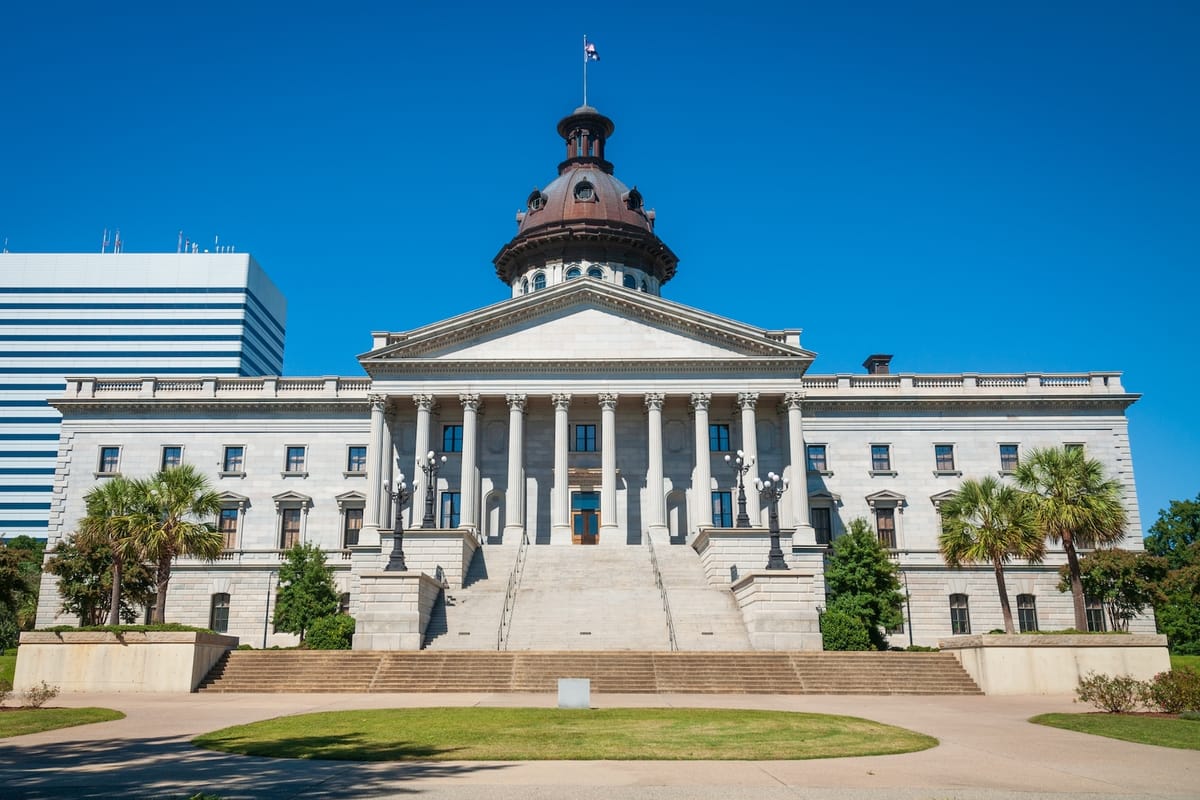

Supreme Court Takes Up Pivotal Medicaid Case
The U.S. Supreme Court will decide a critical case on April 2, 2025, that could reshape how states manage Medicaid funds. South Carolina’s push to cut off Planned Parenthood from its Medicaid program has reached the nation’s highest court, spotlighting a long-standing battle over taxpayer dollars. The case, rooted in a 2018 executive order by South Carolina Governor Henry McMaster, hinges on whether states can exclude providers based on their involvement in abortions, even when federal funds don’t directly pay for those procedures. This dispute arrives as Medicaid spending soars past $1 trillion annually, raising questions about fiscal oversight and state authority.
A History of Funding Restrictions
South Carolina’s effort began when Governor McMaster signed Executive Order 2018-21, barring abortion providers from receiving state Medicaid dollars. The order aimed to ensure that limited public resources support health care aligned with state values, not facilities tied to abortion services. Planned Parenthood South Atlantic, which operates two clinics in Charleston and Columbia, challenged the move, arguing it violated federal law by restricting patient choice. Lower courts, including the Fourth Circuit Court of Appeals, sided with the organization, blocking the state’s policy and prompting this appeal to the Supreme Court.
The Legal Stakes at Hand
At the core of the case is the Medicaid Act’s ‘any qualified provider’ provision. South Carolina contends that states, not federal courts, should determine provider qualifications, especially when public funds are at stake. The state argues that Planned Parenthood’s abortion services disqualify it from Medicaid, despite federal rules prohibiting funds from covering abortions except in cases of rape, incest, or life-threatening conditions. The Fourth Circuit ruled that patients have a right to sue if their provider options are curtailed, a decision now under scrutiny as the Supreme Court weighs state autonomy against federal mandates.
Medicaid’s Ballooning Costs Fuel Debate
Medicaid, a joint federal-state program, has grown into a fiscal giant, with 2023 expenditures exceeding $824 billion nationwide. South Carolina alone spent over $8 billion in its last fiscal year, with federal funds covering roughly 70% of the tab. Critics argue that allowing Planned Parenthood to tap into this pool indirectly subsidizes its broader operations, straining taxpayer resources. The state’s two Planned Parenthood clinics serve hundreds of Medicaid patients annually, billing less than $100,000, a small fraction but a symbolic flashpoint in the larger fight over government spending priorities.
Broader Implications for State Control
A Supreme Court ruling in South Carolina’s favor could empower other states to tighten Medicaid eligibility, aligning funding with local policies. At least 15 Republican-led states have pursued similar restrictions since 2011, with mixed success in federal courts. Texas and Louisiana, for instance, successfully cut Planned Parenthood from their programs in 2020 after appeals court victories. Social Media posts reflect the stakes: ‘State’s Bid to Cut Medicaid Funding to Planned Parenthood Hits Supreme Court,’ one user wrote, signaling public attention to the case’s potential to curb federal overreach and restore state discretion.
Fiscal Responsibility in Focus
The case underscores a deeper tension over how taxpayer dollars are allocated in a program riddled with oversight challenges. A 2023 Government Accountability Office report found Planned Parenthood affiliates nationwide received $1.3 billion in Medicaid reimbursements from 2019 to 2021, dwarfing South Carolina’s share. With national debt climbing past $34 trillion, the push to redirect funds away from controversial providers resonates with calls for accountability. South Carolina officials assert that alternative providers can fill the gap, offering services like cancer screenings and birth control without the baggage of abortion ties.
Awaiting the Court’s Verdict
As the Supreme Court prepares to hear arguments, the outcome remains uncertain. A decision, expected by mid-2025, could either uphold state power to define Medicaid networks or reinforce federal control over patient access. For South Carolina, the fight is about more than $100,000—it’s a stand against what many see as unchecked federal spending and entanglement with divisive issues. The ruling will ripple beyond the Palmetto State, shaping the balance between individual choice and the public purse in an era of tightening budgets.
Dues are $12 per year. Member benefits:
✅ Ad-Free Website Viewing
✅ Advocacy for Republican Seniors
✅ 120+ Senior Discounts
✅ Member Only Newsletters